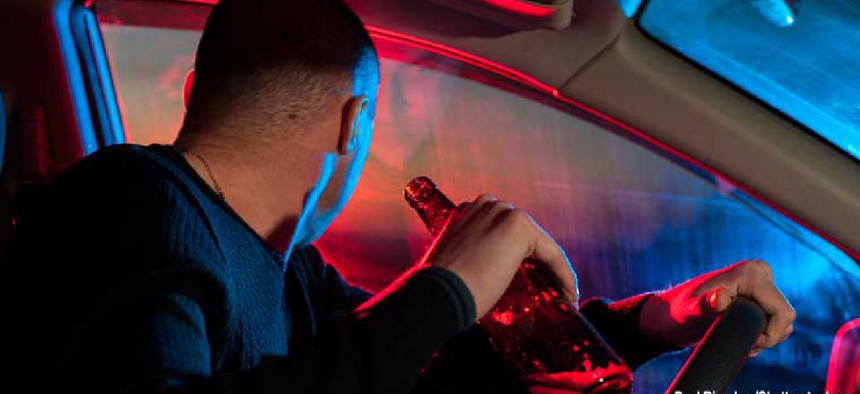Automating breathalyzer tests to reduce in-person contact

As people social distance to prevent the spread of the coronavirus, police are finding tools to help them enforce the law and practice social distancing.
While social distancing and masks can guard against the spread of the coronavirus, law enforcement officers still face health risks interacting with the public, including conducting regular screenings of people for alcohol use. DUI offenders, along with those in work release programs and on probation, are often required abstain from alcohol use as a condition of their release, and many are tested daily.
Traditionally a sheriff’s deputy conducts breath tests using a hand-held device in secure areas of a jail or courthouse. Those requiring tests arrive at the site and wait for a deputy to escort them through security and administer the face-to-face test with the department’s breathalyzer. If the test is negative, the client is free to go, but If alcohol is detected, the client is taken into custody. This process, which involves close contact between clients and officers while handling the breathalyzer, may spread the virus.
County police in Indiana, Michigan and Minnesota have recently started using autonomous systems for alcohol screening. Precision Kiosk Technologies’ AB Kiosk issues notifications to clients who need to be tested, uses biometric fingerprint authentication to verify identities, captures video as it administers the breathalyzer test and automatically uploads the test results to the client’s file. The kiosk can process up to 35 individuals per hour, all day, every day and reduces the face-to-face interactions between probation officers and low-risk clients, the company said.
Law enforcement officials can access the offender-management program from any computer, smartphone or tablet. The system can also be used by probation departments to autonomously conduct probation checks on low-risk clients.
Similarly, SCRAM Systems markets a handheld, wireless, portable breathalyzer that uses facial recognition technology to identify probationers to ensure the image of the person taking the breathalyzer test matches baseline images stored within the system. The device is useful for testing subjects at work, school or elsewhere.
A survey of more than 200 Illinois police departments during June 2020 indicated that COVID-19 has significantly affected both their internal and external operations. Besides stocking up on personal protective equipment, law enforcement offices have been encouraging the community to use online systems to report non-violent and non-emergency incidents, conducting virtual roll calls, splitting squads in half to limit potential exposure and delaying or halting non-critical arrests.
NEXT STORY: Reaching into virtual machines for forensic data





